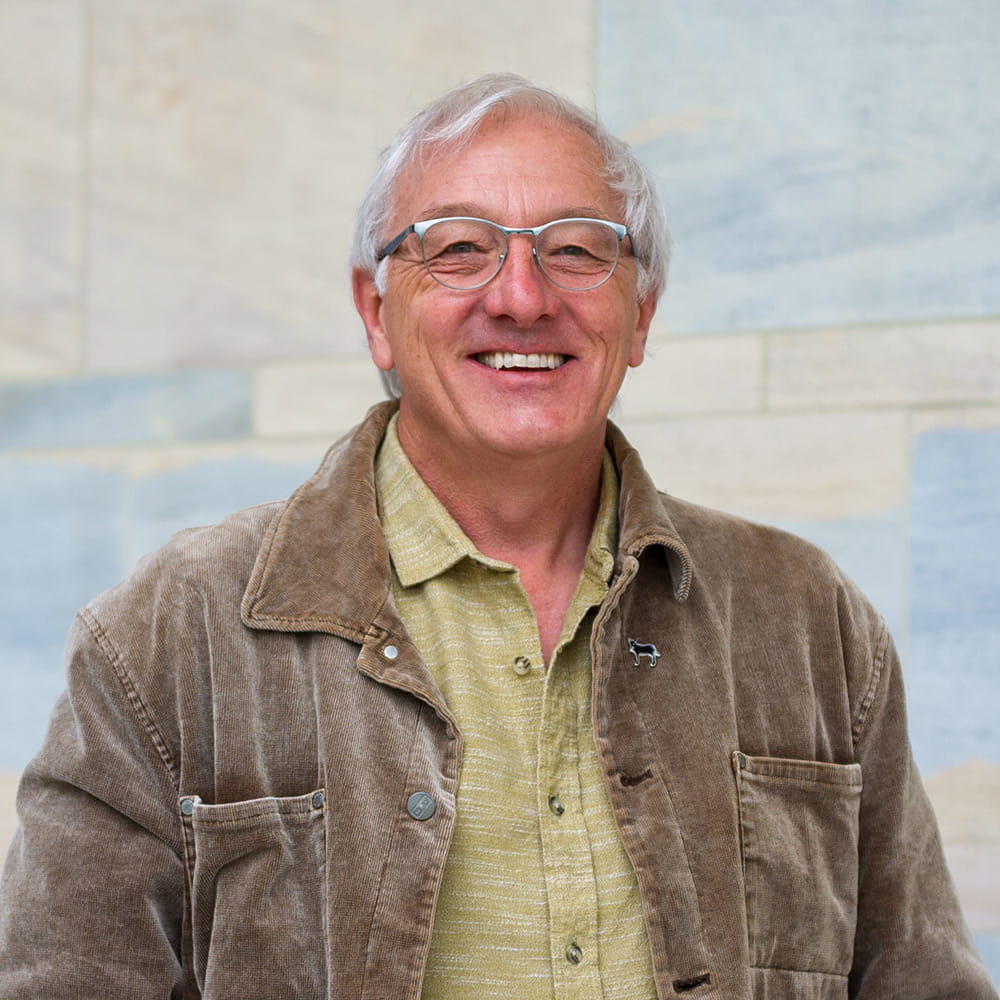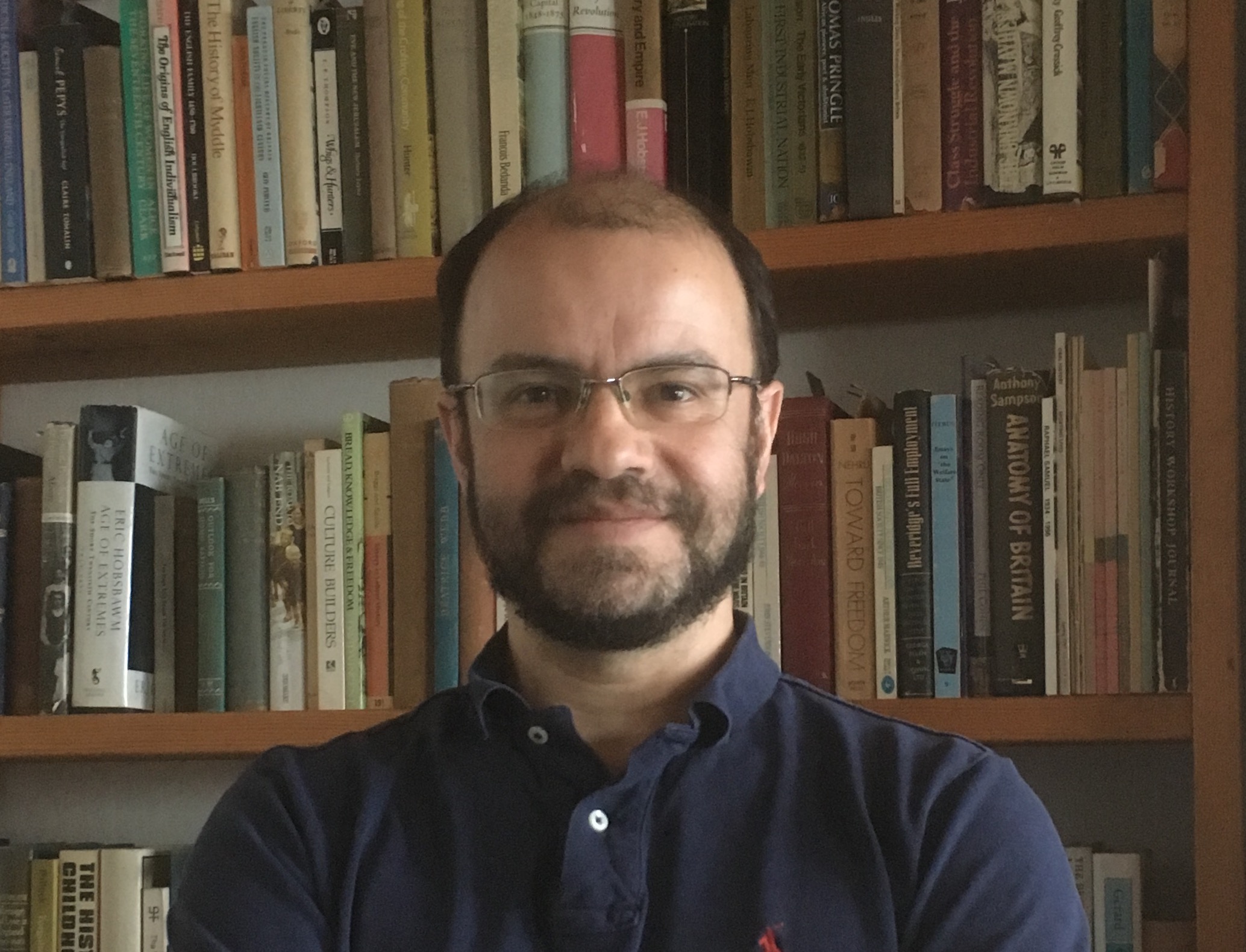Indigenous people, nature and land rights: why does it matter?

Understanding the relationships between indigenous peoples and their lands has been at the heart of our research. Having worked, visited and lived with indigenous groups in subarctic North America, the Southern Cone of South America, the Asia-Pacific region, and southern Africa the common factor linking the peoples we know, whether they be farmers, hunters or pastoralists is a resilient attachment to the natural environments which they call home.
- Listen to Professor Sansom and Dr Gigoux discuss their work with Professor Jules Pretty on the Louder Than Words podcast.
Because indigenous peoples were colonised and had their territories taken away by nation states, many of them have recently been involved in claiming land rights. Some have been able to make important claims with the help of human rights laws as well as the 2007 UN Declaration on the Rights of Indigenous Peoples as we documented in our book, Indigenous Peoples and Colonialism: Global Perspectives. Others, however, have had to compromise their attachment to their lands on account of government policies that demand extinguishment of land ownership in return for reservations or reserves, as they are known in North America. The current scramble for the world’s last fossil fuels and sources of extreme energy has also meant indigenous lands being earmarked for hydroelectric dams, oil pipelines and hazardous mineral extraction. These megaprojects rarely benefit indigenous communities except in a limited way, and they are contrary to the values that have sustained most indigenous groups for millennia. That is why there is organised resistance to extraction activities as witnessed by the ‘water protectors’ movement to oppose the Dakota Access Pipeline in 2016/17 at Standing Rock Indian Reservation in the US. This was the largest gathering of indigenous peoples in modern history, and building on it, the Standing Rock tribe has successfully litigated for a halt to the pumping of oil through the pipeline. Today the tribe are actively involved in promoting solar energy.
Indigenous peoples’ knowledge is clearly important to helping us reorient our worldviews and lifestyles if we are to address climate change and reverse the precipitous declines in biodiversity that ultimately support all life. There is evidence that in some places non-indigenous publics are learning from indigenous peoples the value of seeing human life as intimately connected to the natural world rather than radically separated from it. We see this in an upsurge in global NGOs linking environmental and indigenous rights issues, as well as in the presence of indigenous groups at the UN and COP26, but also in the views of the students we teach in Sociology at Essex. Indigenous worldviews and the land-based practices that they underpin are much alive and even regenerating as is apparent in indigenous language revitalization, animal and habitat restoration – most impressively of bison on the American Great Plains – dam removal projects and new co-operative economies.
This may all seem distant from our lives in Britain, but the same desire to live healthier lives through engagement with nature is apparent here too. While indigenous peoples have altered their lands over time, most have not done so in such a way that cultures are destroyed. As anthropologist Hugh Brody observed of indigenous hunters, they rely ‘on knowing how to find, use and sustain that which is already there.’ Something of this can be seen in the various rewilding projects around Britain in which habitats are being restored, and long extinct animals such as the beaver reintroduced to help recreate these habitats. In the Norfolk Fens, not far from us, beavers have been reintroduced after a 600 year absence. In a recent book on the Fens, James Boyce tells us that if there were a people in England who could be called indigenous peoples on account of their attachments to land it would be those of the Fens. Perhaps a new convergence of values is apparent. We hope that our work helps in some small way in showing that indigenous peoples, despite all the adversities, ought to be leaders in bringing our world together after the devastation wrought by industrialism and colonialism.

